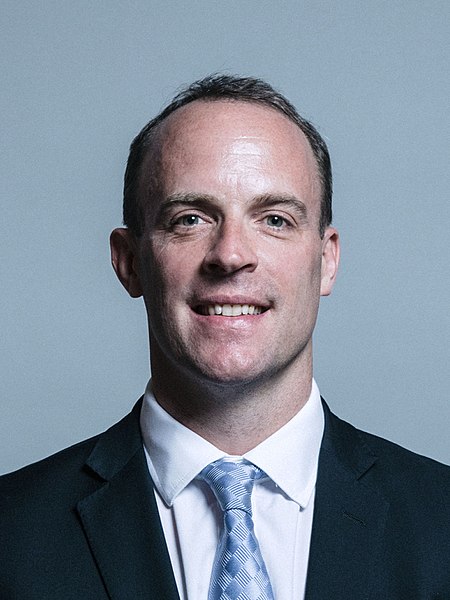21 February 2019 | OPINION
Statistics can often be dull. But when it comes to discussing the British job market, using them is unavoidable.
3.8 million jobs created since 2010. Unemployment fallen from 8% to 4% (its lowest since 1975). A record 32.5 million people in work. 750,000 more people in work since the Brexit vote. More women, young people, single parents, ethnic minorities, disabled people and pensioners in work than ever before. This is something the Conservative Party can be proud of.
How has employment increased so dramatically since the Conservatives entered government back in 2010?
There are three major reasons.
Firstly, business incentives were put in place by the Conservatives to attract big businesses and higher earners to invest in the UK. This in turn has led to over 3.8 million more private sector jobs being created in the last eight years. Corporation tax was cut from 28% in 2010 to 19% by 2017. This means we have the most competitive tax rate out of all major industrialised countries. In 2009–10 corporation tax raised £36 billion at a rate of 28%. By 2016–17 over £50 billion was raised with a lower rate of 20%. These figures are self-explanatory and this is why I am incredulous when I hear that the Labour Party are planning to abolish tuition fees at a cost of £11.2 billion a year with a 7% rise in corporation tax. Never mind fake news, this is the definition of fake maths.
Secondly, changes the Conservatives have made to tax, minimum wage and welfare have helped the jobs market dramatically. Put simply, the government have made it more attractive to be in work. Cutting income tax by raising the tax free personal allowance has meant many lower wage families have been able to keep more of their money. The introduction of the National Living Wage has been another great incentive. The lowest paid 20% of workers have seen a £2,000 pay increase in the last two years. Since April 2016, those on the lowest wage have had an increase of 11% in pay after inflation is taken into account. This has been a significant achievement as the government strives to create a high wage, low income tax society.
Thirdly, since 2010 there has been as explosion in self-employed workers. The general narrative is that self-employment has largely been driven by the ‘gig economy’. Clearly, there are issues arising from the gig economy which need to be debated and discussed but research shows the rapid growth in self-employment has been driven by people in higher paid jobs. The Resolution Foundation found that 57% of the growth in self-employment since 2009 has been amongst educated people working in law, accountancy, health services and management consultancy. They are generally earning £45,000 to £65,000 a year. Many enjoy the flexibility of self-employment and the chance to ‘be your own boss’.
Britain’s jobs boom has undoubtedly been a major success since 2010 but the rise of the gig economy has been a challenging side effect for government. As well as the positive stories of self-employment throughout the last seven years there has been a surge in bogus self-employment. It is estimated that out of the 5 million self-employed workers in the UK, about 500,000 (10%) are in bogus self-employment. This includes companies who have complete control of their workers but seek to classify them as self-employed. This means that workers miss out on holiday pay, the government miss out on tax revenues as less National Insurance is paid and responsible businesses are undercut.
We need to be celebrating the fact that so many are in work. There are many issues within the jobs market but this governments record is an overwhelmingly positive one.
————————————————-
Paul Maginnis is a Conservative Party member, and author of The Return of Meritocracy: Conservative Ideas for Unlocking Social Mobility.
Follow him on Twitter @paulmaginnis1























